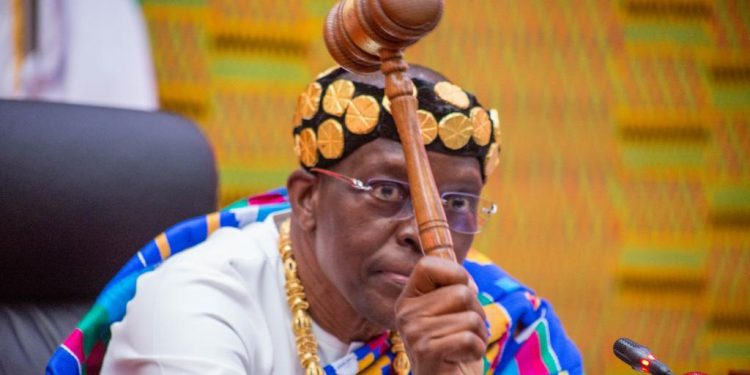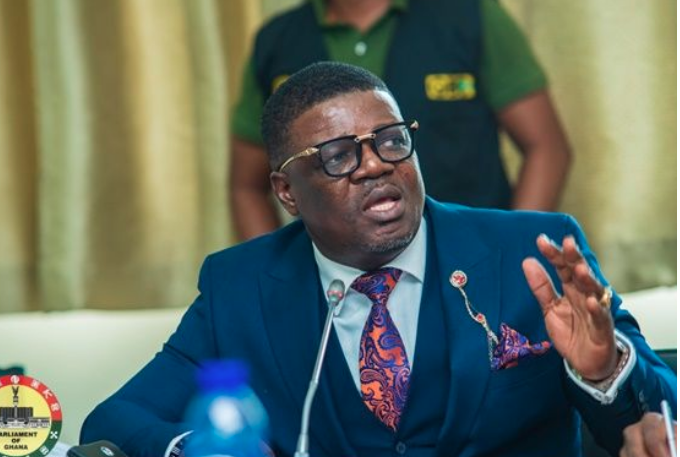The Speaker of Parliament Alban S.K. Bagbin has rejected a request by the Leader of Government Business, Hon. Alexander Afenyo-Markin, to summon Parliament for a two-day session to address 22 urgent government business items ahead of the December 7 general elections.
In a memo dated November 26, 2024, the Speaker cited constitutional and practical concerns in declining the request, emphasizing the need for Members of Parliament (MPs) to focus on their roles in their constituencies during the election period.
The Speaker argued that recalling Parliament at this critical juncture would disrupt campaign activities and compromise the ability of MPs to justify their mandates to the electorate.
He stated, “The parliamentary calendar acknowledges election campaign periods. This season is for the Government, Parties, and both presidential and parliamentary candidates to present their manifestoes to the people.”
Highlighting the impracticality of the proposal, the Speaker noted that deliberating on 22 items in two days would be logistically challenging and inconsistent with the House’s norms.
He suggested that these items be prioritized for consideration after the elections, stating, “Having regard to the practice and deliberations of the House, I wonder how the proposed 22 items could be transacted within two days.”
In his response, the Speaker also called on MPs to uphold the values of empathy and humility, indicating that the national interest would be better served by resuming deliberations post-election to ensure a seamless transition to the next Parliament.
“The national interest would better be served if members exhibit conduct of honor, empathy, and humility in the performance of their duties,” he emphasized.
The Speaker’s decision underscores the delicate balance between legislative duties and electoral obligations in the lead-up to Ghana’s 2024 general elections.
Background
On Thursday, November 7, 2024, the Speaker of Parliament, Alban S.K. Bagbin, indefinitely adjourned parliamentary sittings following a recall session marred by a lack of quorum.
Addressing members of the House, the Speaker highlighted that the Business Committee had not presented any agenda for consideration, leaving him with no choice but to adjourn proceedings once again. This development follows recurring challenges in convening parliamentary sessions amid ongoing political and legal controversies.
The indefinite adjournment comes at a time when Parliament has been embroiled in a legal dispute with the judiciary over the Speaker’s decision to declare four parliamentary seats vacant.
Despite the recall being initiated under constitutional provisions and Standing Orders, the absence of substantive business and inadequate attendance undermined the session’s objectives. The Speaker expressed his disappointment, stating that the prevailing circumstances did not allow for any meaningful deliberations.
The New Patriotic Party (NPP) Caucus had earlier petitioned for the recall, citing the need to address urgent government business. However, with the House yet to resolve its internal challenges, parliamentary activities remain in limbo, raising concerns over its ability to meet constitutional obligations.







